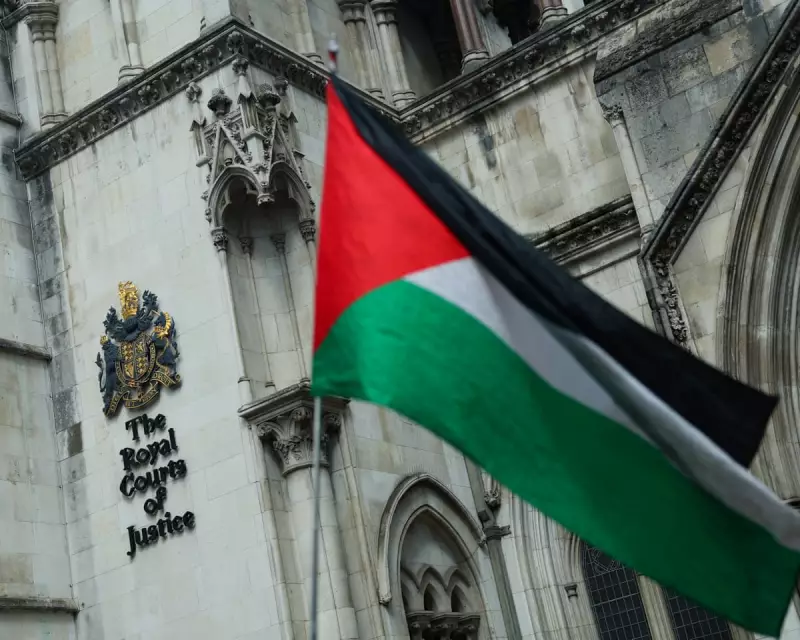
In a significant victory for activist rights, the co-founder of Palestine Action has won High Court approval to challenge the UK government's controversial ban on the group's protests.
The ruling, delivered on Tuesday, paves the way for a judicial review of Home Secretary James Cleverly's decision to proscribe Palestine Action under counter-terrorism powers last November.
Legal Battle Heats Up
Mr Justice Chamberlain granted permission for the judicial review after finding the case raised "important issues" about the balance between national security concerns and freedom of expression. The challenge argues the ban unlawfully restricts peaceful protest rights protected under the European Convention on Human Rights.
Government's Controversial Move
The Home Office had declared Palestine Action a "proscribed organisation" following its high-profile campaigns targeting arms companies with alleged links to Israeli military operations. Ministers claimed the group's activities crossed into criminality, including allegations of vandalism and harassment.
However, campaigners maintain their actions have been overwhelmingly peaceful, with the legal challenge describing the ban as a "disproportionate restriction" on legitimate protest.
What Happens Next?
The full judicial review hearing is expected later this year, with potential ramifications for how protest movements are regulated in Britain. Legal experts suggest the case could set important precedents regarding:
- The threshold for banning activist groups
- The interpretation of counter-terrorism powers
- The protection of political protest under human rights law
As the legal battle continues, all eyes will be on the Royal Courts of Justice for what promises to be a landmark case in UK protest rights.





